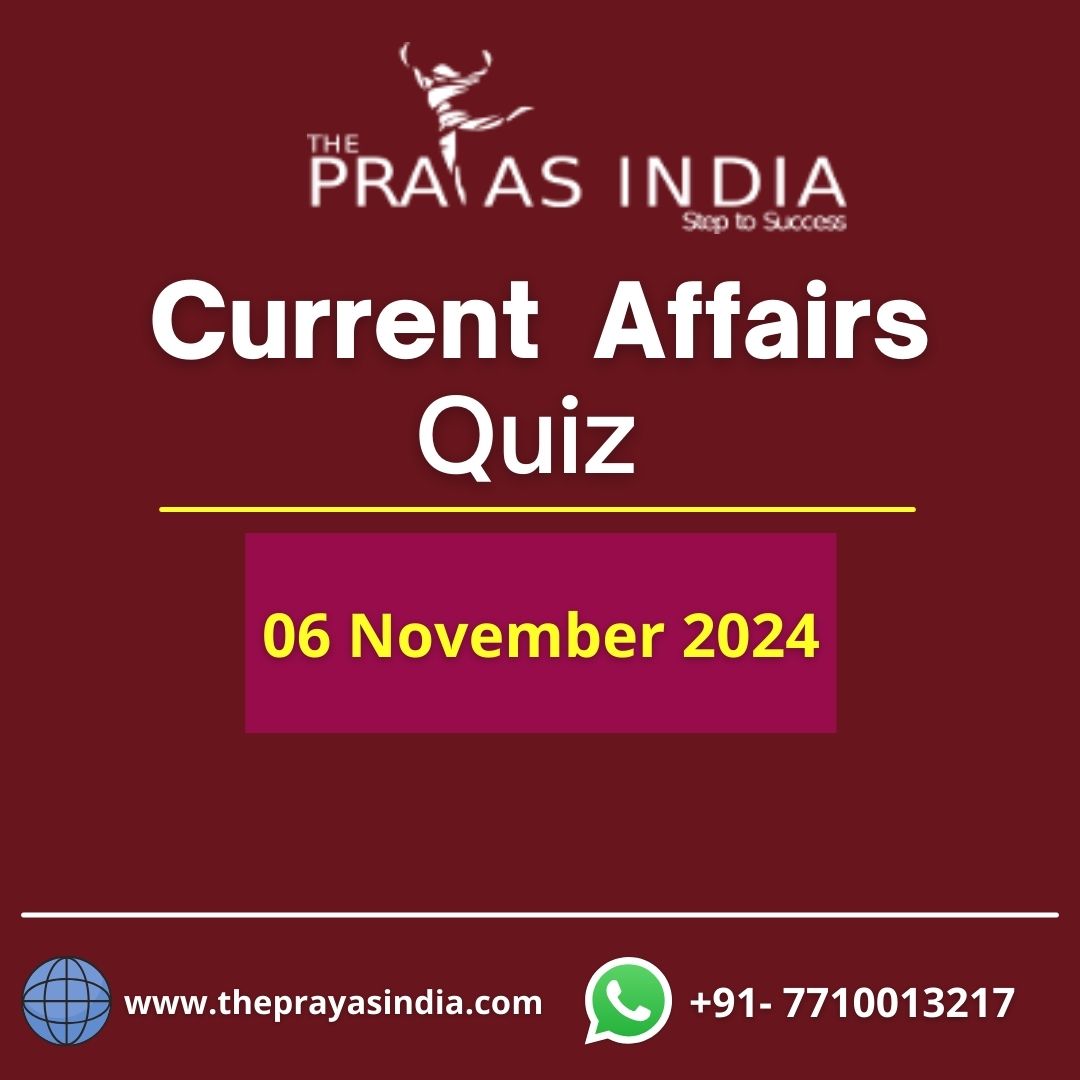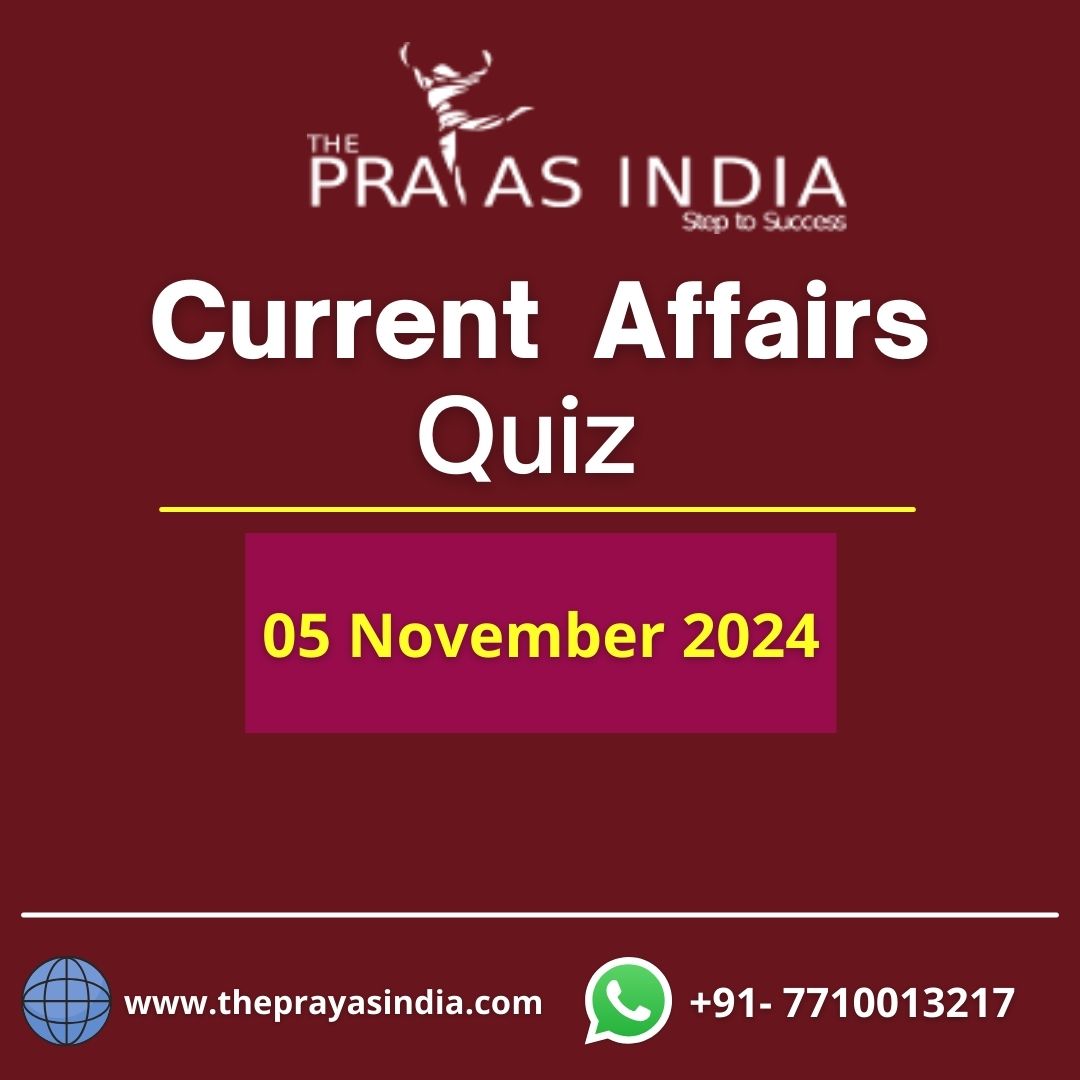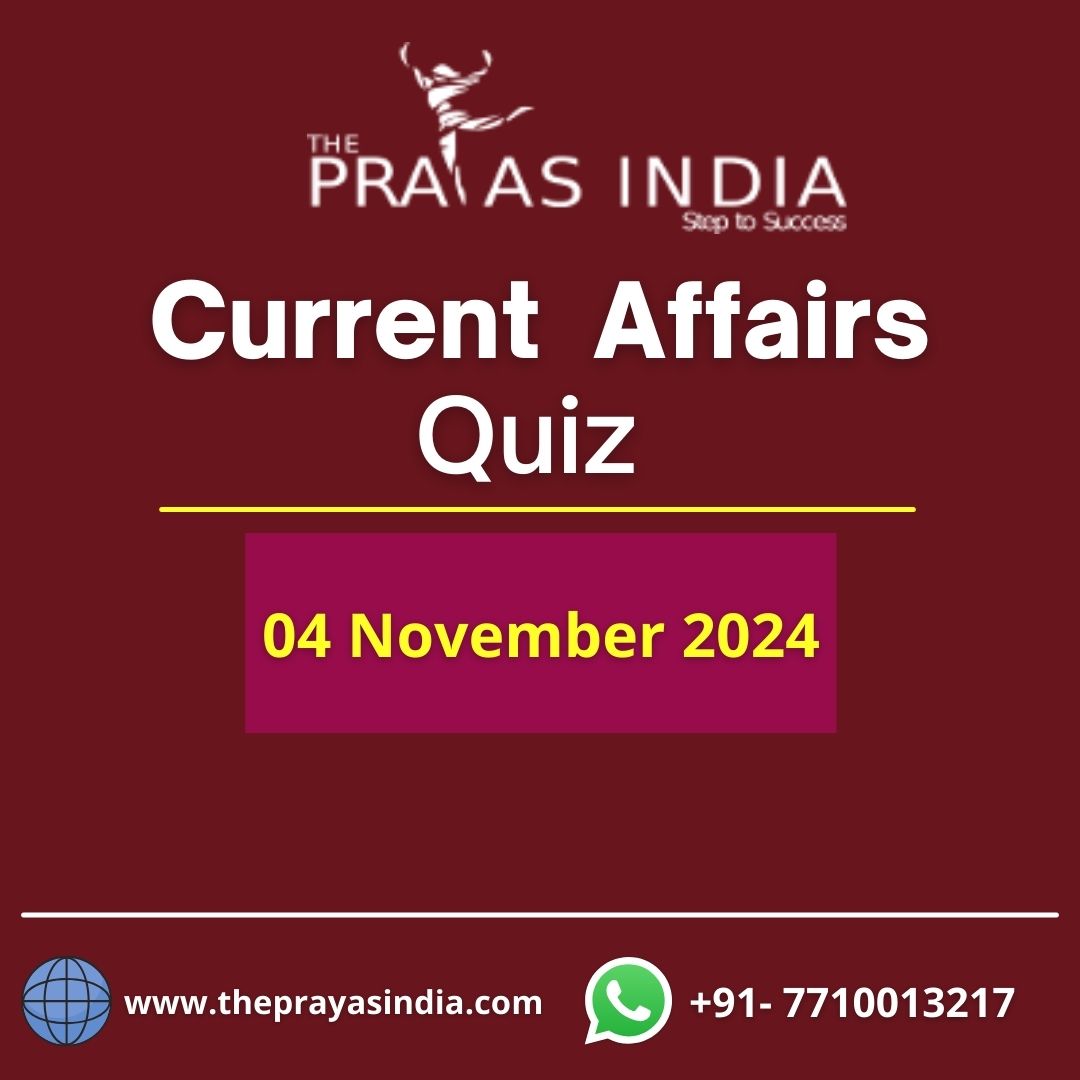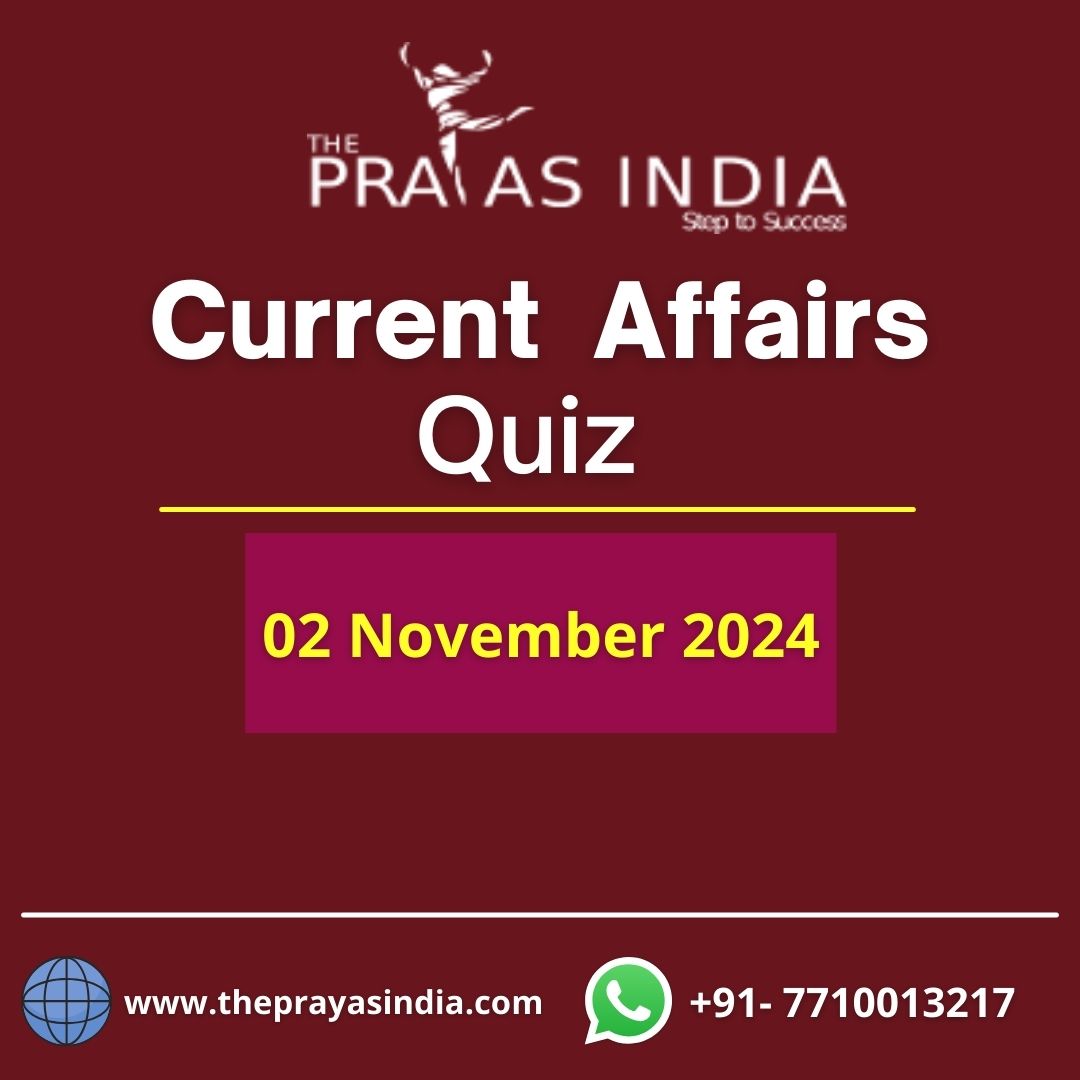Q1. Consider the following statements regarding stampedes:
- Traumatic asphyxia is a common cause of fatalities in stampedes.
- High crowd density approaching 3-4 persons per square meter increases the risk of stampedes.
- Poor crowd flow management is not a significant factor in stampede occurrences.
Which of the above statements is/are correct?
(a) 1 and 2 only
(b) 2 and 3 only
(c) 1 and 3 only
(d) 1, 2, and 3
Ans: (a)
Explanation:
- Statement 1: Correct. Traumatic asphyxia, caused by external compression of the thorax or upper abdomen, is indeed a common cause of fatalities in stampedes.
- Statement 2: Correct. High crowd density, when it approaches 3-4 persons per square meter, significantly increases the risk of stampedes due to the difficulty in movement and increased panic.
- Statement 3: Incorrect. Poor crowd flow management is a significant factor contributing to stampede occurrences, as it can lead to uncontrolled crowd movement and panic.
Q2. With reference to the National Disaster Management Authority (NDMA) in India, consider the following statements:
- NDMA was established under the Disaster Management Act, 2005.
- NDMA is headed by the Union Home Minister.
- NDMA provides guidelines for safe crowd management during festive seasons.
Which of the given above statements is/are correct?
(a) 1 and 2 only
(b) 1 and 3 only
(c) 2 and 3 only
(d) 1, 2, and 3
Ans: (b)
Explanation:
- Statement 1: Correct. The National Disaster Management Authority (NDMA) was established under the Disaster Management Act, 2005.
- Statement 2: Incorrect. NDMA is headed by the Prime Minister of India, not the Union Home Minister.
- Statement 3: Correct. NDMA provides guidelines for safe crowd management and precautions during festive seasons to prevent disasters like stampedes.
Q3. Which of the following states in India have proposed legislation for the welfare of gig workers?
(a) Karnataka and Telangana
(b) Rajasthan and Karnataka
(c) Gujarat and Maharashtra
(d) Punjab and Haryana
Ans: (b)
Explanation:
- Karnataka and Rajasthan are the two states that have proposed legislation specifically for the welfare of gig workers.
Q4. Consider the following statements regarding the Code on Social Security 2020:
- It includes provisions for a Social Security Fund for gig workers.
- It mandates a universal minimum wage for all sectors, including gig workers.
- It imposes an obligation on gig employers to contribute to the Social Security Fund.
Which of the above statements is correct?
(a) 1 and 2 only
(b) 1 and 3 only
(c) 2 and 3 only
(d) 1, 2, and 3
Ans: (b)
Explanation:
- The Code on Social Security 2020 includes provisions for a Social Security Fund specifically for gig workers and obligates gig employers to contribute to this fund. The universal minimum wage is mandated by the Code on Wages 2019, not the Code on Social Security 2020.
Q5. With reference to Cabinet Committees in India, consider the following statements:
- The Prime Minister presides over all Cabinet Committees.
- Cabinet Committees are based on the principles of division of labour and effective delegation.
- The Appointments Committee of the Cabinet (ACC) includes only the Prime Minister and the Home Minister.
Which of the statements given above is/are correct?
(a) 1 and 2 only
(b) 2 and 3 only
(c) 1 and 3 only
(d) 2 only
Ans: (b)
Explanation:
- Statement 1: Incorrect. The Prime Minister presides over most, but not all, Cabinet Committees. For example, the Cabinet Committee on Accommodation is not headed by the Prime Minister.
- Statement 2: Correct. Cabinet Committees are indeed based on the principles of division of labour and effective delegation.
- Statement 3: Correct. The Appointments Committee of the Cabinet (ACC) consists of the Prime Minister and the Home Minister as the sole members.




